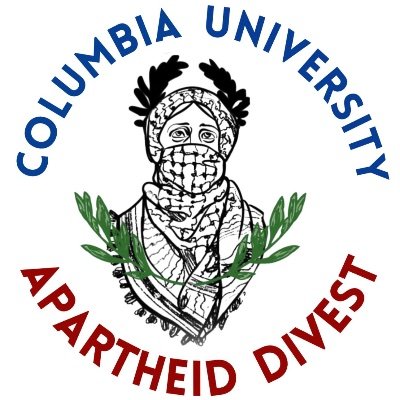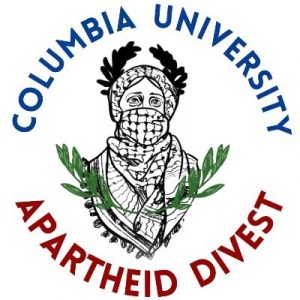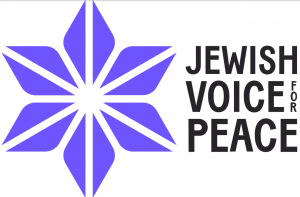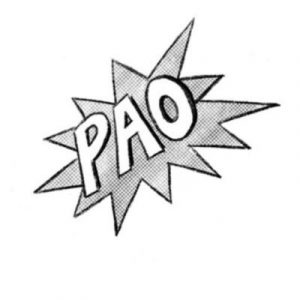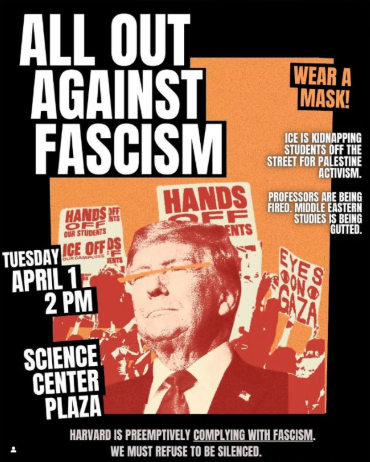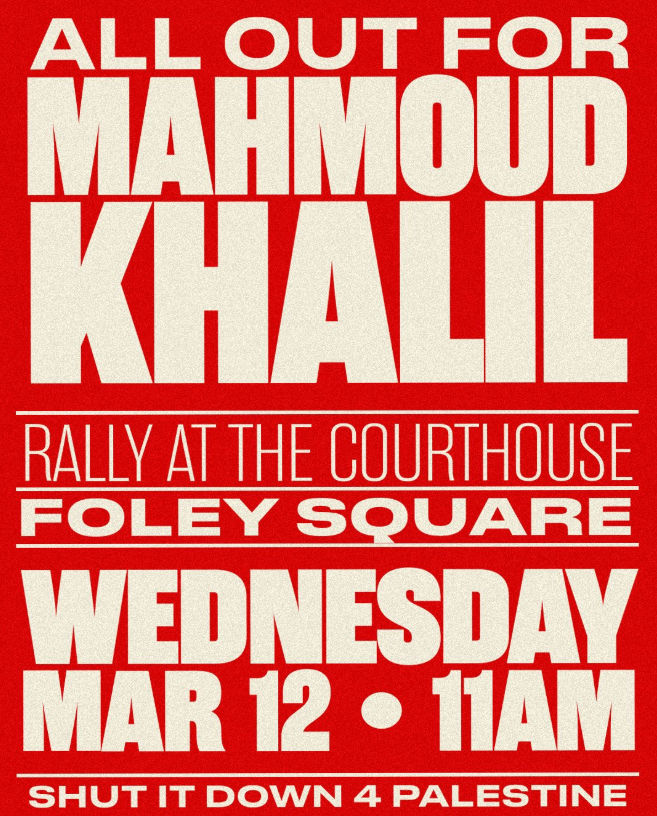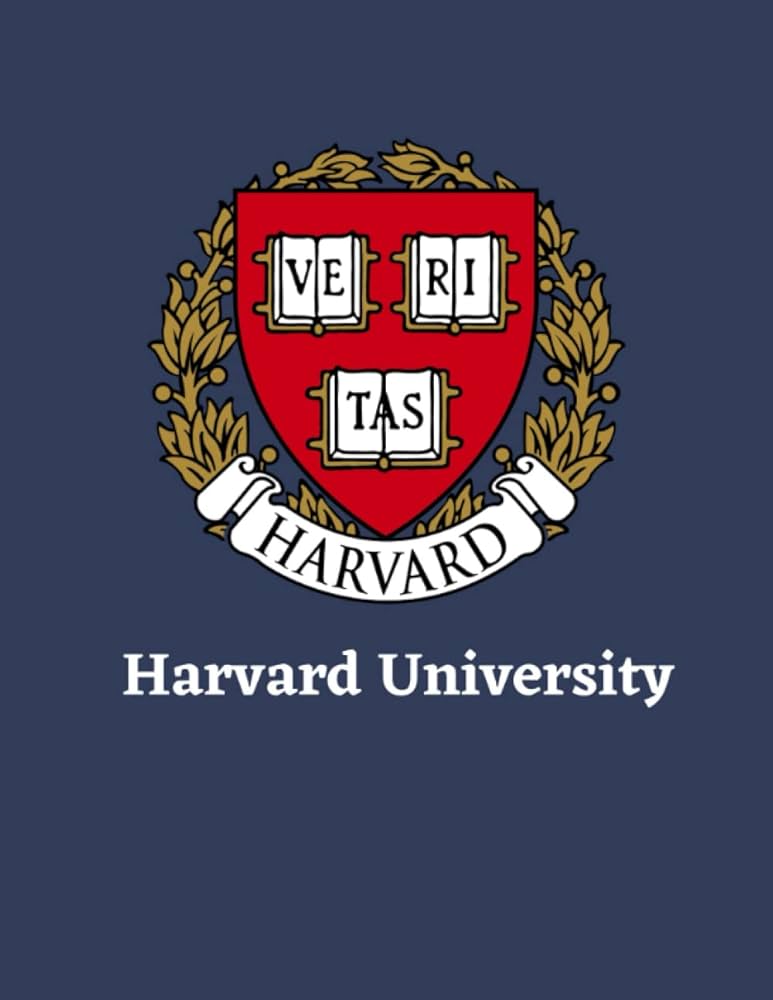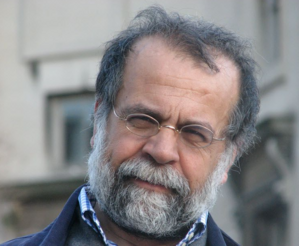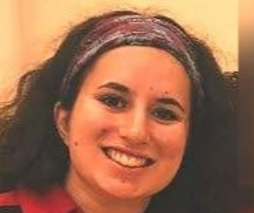Active since 2016 at Columbia University, Columbia University Apartheid Divest (CUAD) is a coalition of approximately 50 student organizations advocating for the university’s divestment from companies and institutions alleged to support Israeli policies viewed as oppressive towards Palestinians. CUAD gained initial prominence in 2020 when it successfully passed a Columbia College-wide referendum on divestment, later overturned by then-University President Lee Bollinger.
Mission Statement:
CUAD states its goal as promoting Palestinian rights through economic and institutional advocacy. The coalition’s activities focus on mobilizing student groups to support a divestment agenda framed as opposing apartheid policies by Israel. That said, there events are usually fueled by antisemitism and support for US-designated terrorist organizations like Hamas and Hezbollah.
Affiliated Individuals:
Key individuals associated with CUAD include:
- Layla Saliba
- Miryam Iqbal
- Fadi Shuman
- Maryam Alwan
- Mahmoud Khalil
- Sueda Polat
Member Organizations:
CUAD’s coalition includes approximately 50 groups, primarily Columbia-affiliated organizations. The coalition’s membership is predominantly pro-Palestinian and includes groups like Students for Justice in Palestine (SJP) and Jewish Voice for Peace (JVP), both of which have faced criticism for their rhetoric and their associations with extremist ideologies.
Activities and Notable Incidents:
CUAD has engaged in a range of activities and events that have drawn both support and controversy:
- Educational Events:
- In March 2024, CUAD hosted “Resistance 101,” featuring Khaled Barakat, a senior member of the Popular Front for the Liberation of Palestine (PFLP), a designated terrorist organization, and Charlotte Kates, leader of Samidoun, also designated a terrorist organization by the U.S. and Canadian governments.
- Protests and Encampments:
- In April 2024, CUAD organized a high-profile encampment on Columbia’s campus. This event included unsanctioned activities resulting in over 100 arrests for offenses such as trespassing and arson.
- The encampment was marked by numerous antisemitic incidents, including physical assaults, verbal harassment, and chants glorifying terrorism. Specific examples include:
- Protestors chanting support for Hamas and Al-Qassam Brigades.
- Violent confrontations with Jewish students, including instances of physical assault and theft of Israeli flags that were subsequently burned.
- Statements such as “Kill the Zionist” and “Burn Tel Aviv to the ground” were reportedly made during the encampment.
- Terrorist Associations:
- CUAD’s collaboration with groups like Samidoun and Within Our Lifetime has drawn scrutiny. Both organizations have been linked to extremist rhetoric and actions supporting Palestinian resistance through violent means.
- The FBI was reportedly urged to investigate CUAD in October 2024 for its alleged endorsement of violence.
- Recent Protests:
- In December 2024, CUAD organized the “NYC for Palestine” march, which traversed the Barnard College campus, further amplifying its calls for divestment and increased attention to its cause.
Criticism and Controversies:
CUAD has been criticized for fostering an environment of hostility and fear, particularly for Jewish students on campus. Examples include:
- Incidents of antisemitic slurs and rhetoric.
- Physical assaults on Jewish students during protests.
- Associations with banned individuals and groups advocating for violence.
- Allegations of creating an unsafe campus environment, with reports of stalking, verbal abuse, and physical threats directed at Jewish students.
Conclusion:
Columbia University Apartheid Divest remains a polarizing presence on campus, lauded by its supporters as a voice for Palestinian rights while facing widespread criticism for fostering division, antisemitism, and aligning with groups associated with extremism. Its activities and rhetoric continue to spark debates about free speech, safety, and the boundaries of activism on university campuses.
